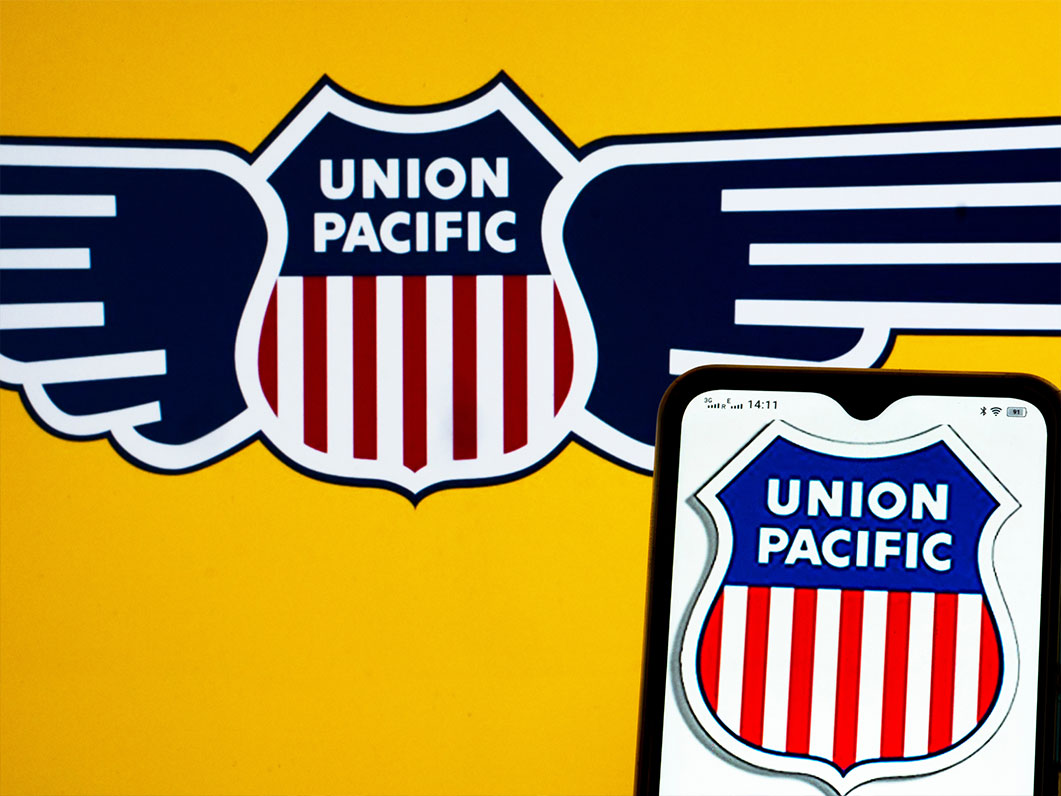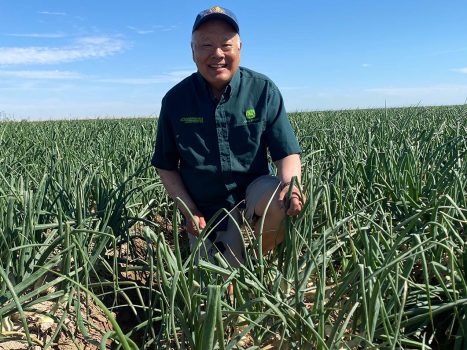UP rail curtails fertilizer shipments to key ag areas
In an announcement on April 14, CF Industries Holdings Inc., a major global manufacturer of hydrogen and nitrogen products said it had been informed by Union Pacific of “railroad-mandated shipping reductions would result in nitrogen fertilizer shipment delays during the spring application season and that it would be unable to accept new rail sales involving Union Pacific for the foreseeable future.”
The story appeared on https://www.businesswire.com/news/home/20220414005731/en/CF-Industries-Union-Pacific-Curtails-Fertilizer-Shipments-Delaying-Deliveries-and-Preventing-New-Rail-Orders-from-Being-Taken .
The cuts, according to the story, “affect rail shipments from Donaldsonville and Port Neal complexes; products affected include urea, UAN and diesel exhaust fluid.”
And, CF Industries said, it “understands that it is one of only 30 companies to face these restrictions.”
It added, “CF Industries ships to customers via Union Pacific rail lines primarily from its Donaldsonville Complex in Louisiana and its Port Neal Complex in Iowa. The rail lines serve key agricultural areas such as Iowa, Illinois, Kansas, Nebraska, Texas and California. Products that will be affected include nitrogen fertilizers such as urea and urea ammonium nitrate (UAN) as well as diesel exhaust fluid (DEF), an emissions control product required for diesel trucks. CF Industries is the largest producer of urea, UAN and DEF in North America, and its Donaldsonville Complex is the largest single production facility for the products in North America.”
Tony Will, president and chief executive officer of CF Industries Holdings Inc., was quoted as saying, “The timing of this action by Union Pacific could not come at a worse time for farmers. Not only will fertilizer be delayed by these shipping restrictions, but additional fertilizer needed to complete spring applications may be unable to reach farmers at all. By placing this arbitrary restriction on just a handful of shippers, Union Pacific is jeopardizing farmers’ harvests and increasing the cost of food for consumers.”
The story continued, saying that o Friday, April 8, “Union Pacific informed CF Industries without advance notice that it was mandating certain shippers to reduce the volume of private cars on its railroad effective immediately. The Company was told to reduce its shipments by nearly 20 percent. CF Industries believes it will still be able to fulfill delivery of product already contracted for rail shipment to Union Pacific destinations, albeit with likely delays.
“However, because Union Pacific has told the Company that noncompliance will result in the embargo of its facilities by the railroad, CF Industries may not have available shipping capacity to take new rail orders involving Union Pacific rail lines to meet late season demand for fertilizer.
“The application of nitrogen fertilizer is critical to maximizing crop yields. If farmers are unable to secure all the nitrogen fertilizer that they require in the current season because of supply chain disruptions such as rail shipping restrictions, the Company expects yield will be lower. This will likely extend the timeline to replenish global grains stocks. Low global grains stocks continue to support high front month and forward prices for nitrogen-consuming crops, which has contributed to higher food prices.”
The story said, “CF Industries intends to engage directly with the federal government to ask that fertilizer shipments be prioritized so that spring planting is not adversely impacted.
Will added, “CF Industries’ North American manufacturing network continues to produce at a high rate to meet the needs of customers, farmers and consumers. We urge the federal government to take action to remove these Union Pacific rail shipment restrictions to ensure this vital fertilizer will be able to reach U.S. farmers when and where they need it.”


